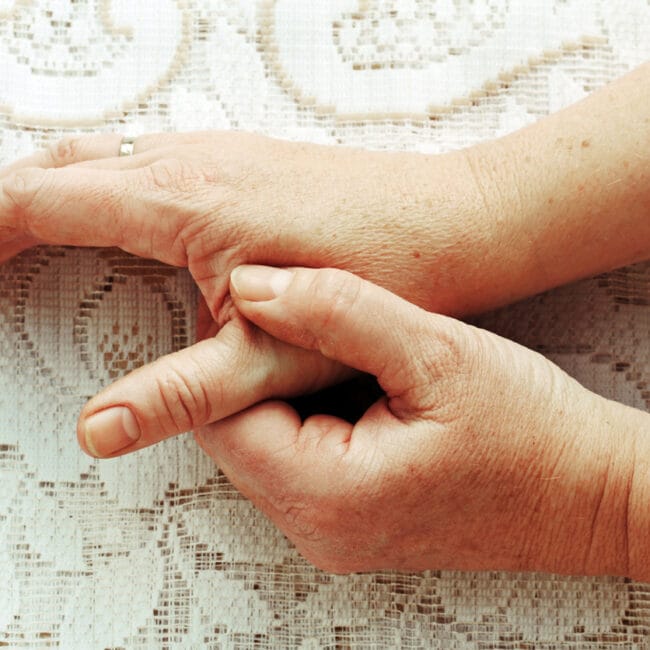
Depression and back pain may seem like two issues that are completely unrelated, but a number of studies have shown that they are in fact closely linked. Although the link between these two issues is not highlighted very often in mainstream society, the general consensus among medical and scientific professionals is that the link is quite clear. This in no way means that anyone who has a sore back is at risk of becoming depressed, but it is important to acknowledge that the link between these two seemingly unrelated problems exists. Before we discuss the causes and implications of this relationship however, it is important to clarify what depression is.
Depression
Depression is a word that is often thrown around lightly, and its overuse has led to many people mistakenly believing that depression is synonymous with sadness. While the word depression in a literary sense is often used to mean an extreme sadness, it is important to distinguish it from Clinical Depression, which is a legitimate psychiatric state of mind that is diagnosed based on a number of symptoms that have been identified through decades of scientific research. Clinical Depression is characterised by a number of symptoms. Many of these symptoms, such as fatigue, lack of concentration or change in weight, are quite common experiences by themselves and may not be indicative of depression. But when a number of these symptoms are displayed together for a prolonged period of time, they may represent a case of Clinical Depression.
Link to Back Pain
Although back pain is not one of the main diagnostic criteria for depression, a number of studies by different institutions over many years have shown that there is an observable link between them. Furthermore, research has shown that there can be a causal relationship in either direction, meaning that back pain can lead to depression, or vice-versa. A study published in 1991 entitled “Prevalence, onset, and risk of psychiatric disorders in men with chronic low back pain: a controlled study” found that 42% of the men in their study experienced depression first, with the remaining 58% experiencing depression after the pain in their backs began.
Depression Leading to Pain
While more people experience depression after experiencing back pain first, the two figures are clearly significant. It is probably easier for most people to understand how back pain can lead to depression, but it is important to note that this applies to chronic back pain i.e. pain that persists for an extended period of time, or recurs over the course of one’s life. Living in pain not only takes a toll on our minds because of the actual physical pain, but also because it has an impact on our social and professional lives. Therefore, people living with chronic pain can become depressed as a result of its life altering effects.
Pain Leading to Depression
From the other direction, a meta-study in 2000 concluded that the findings of previous studies overwhelmingly demonstrated that depression significantly increases the likelihood of a person with depression developing back pain. Another study of 800 people found that those with depression were four times more likely to develop back pain than those without. The reasons for this remain unclear, but there are a number of possible causes. It could be that people with depression tend to be less active, and spend more time sitting or lying down in positions that gradually affect their backs, it could be because people with depression are less inclined to seek medical help in the early stages of the pain, allowing it to grow more intense and problematic, or it could be a physical manifestation of mental pain. Although the causes have yet to be clearly proven, the link between this issues has been. Unfortunately, this could lead to a degenerative cycle of pain and depression, which shows why it is so important to address these issues as early as possible.










